#AutoIndustry
UAW Seeking Friends in Washington DC, Threatens to Withhold Biden Support
UAW leadership headed to Washington last week to drum up support from politicians as it engages in contract negotiations with Detroit-based automakers. While this has often been the status quo for the union, UAW President Shawn Fain has suggested the government would help ensure a fair deal with the automotive industry.
While union leadership has opted to meet with the usual roster of Democrats, it has said it would withhold support of Joe Biden’s reelection campaign if it didn’t think the White House would be offering the kind of help it needs.
U.S. Senate Preps More Money for Auto Industry
Senate Democrats have settled on how to funnel more money into the automotive sector using all-electric vehicles and environmentalism. Majority Leader Chuck Schumer and West Virginia's Joe Manchin have reportedly agreed on a proposal that would expand the $7,500 tax credit for EVs while also introducing a new $4,000 subsidy for used models.
But that's just to kick things off. The legislative package is likewise said to include $369 billion that's been earmarked for climate and energy spending. For automakers, that means massive financial help from the government whenever they want to convert their existing factories into the kind that build all-electric vehicles. Though it may not be limited to EVs, as the updated language now makes fuel cell vehicles similarly eligible for the proposed industry subsidization.
Report: Renault Considering Separate EV Business, IPO for Assets
Renault SA is reportedly mulling over the possibility of undergoing extensive restructuring, followed by an initial public offering for its electric vehicle assets. While the company had hinted that splitting itself into separate EV and combustion brands was a possibility in February, it wasn’t taken all that seriously. At the time, numerous automakers had suggested dividing themselves along similar lines.
But Ford Motor Co. announced it would actually be going ahead with the plan in March and Renault appears to be similarly warming to the idea, based on a meeting held last week between upper-level management and analysts. This included CEO Luca de Meo and CFO Thierry Pieton, both of whom allegedly acknowledged the real possibility of a split at the French automaker and the subsequent IPO.
GM China Has Employees Living Inside Factories
General Motors’ joint venture in Shanghai is reportedly having employees sleep on factory floors to remain operational during regional COVID-19 lockdowns. The facilities are operated collaborative by GM and state-owned Chinese partner SAIC Motor Corp, with government restrictions being in place until at least Friday. Due to the tens of million people affected, it’s one of the largest lockdowns instituted since the pandemic started.
Initially reported by Reuters, the situation was framed as GM finding a workaround to ongoing Chinese lockdowns while other companies simply stopped production. But that seems to be glossing over some of the relevant context, mainly that the plant is now loaded up with workers who are sleeping inside the factory and living in relative isolation to ensure the facility is compliant with China’s stringent zero-tolerance policy while still managing to remain competitive.
Dealers Annoyed With Price of EV Charger Installs
As the industry continues struggling with its planned swap to electric vehicles, we’ve seen plenty of framing suggesting dealer networks are only too happy to participate. But it’s usually juxtaposed with articles indicating that pushback exists, typically whenever the metaphorical rubber meets the road. This month provided several premium examples stemming from the National Automobile Dealers Association Expo (NADA Show 2022) held at the Las Vegas Convention Center.
Though the best had to be when several dealer groups piped up about how much it’s actually going to cost them to install some of the newer chargers some manufacturers believe should be mandatory if they’re intent on selling EVs. Some showrooms are finding out that not all buildings are wired for the high loads incurred by modern charging systems, requiring additional financial investments they hadn’t counted on. With automotive dealerships using product delays as leverage for unprecedented vehicle pricing, it’s nice to see them getting a taste of their own medicine. Or it would be if the costs for updating facilities weren’t guaranteed to be reflected on future window stickers.
Russia-Ukraine War Adding to Supply Problems, Auto Industry Reinventing Itself
Volkswagen Group has stalled production in Germany, citing an inability to obtain sufficient parts from Ukraine. The automaker reportedly is lacking sufficient electrical components for its Zwickau-Mosel plant and the Dresden-based “Transparent Factory” — both of which are responsible for manufacturing VW and Audi-branded electric vehicles.
While the automaker declined to identify any specific suppliers, it said that Zwickau-Mosel will be down for at least four days as the Dresden facility will only need three days of downtime. That should put them both back online by the end of the week. But that’s hardly a guarantee and problems abound elsewhere, some of which are starting to feel borderline ordinary, as the industry continues reinventing itself.
Car Loans Get Longer, Rental Vehicles Get Older
While nobody needs to tell you that the economy isn’t in good health, we should at least hip you to the latest automotive trends relating to the financial purgatory we’re currently living through. Ford sent a memo to dealers last week indicating that it would be removing the minimum FICO requirement for 84-month financing, indicating that the industry may soon normalize auto loans that are even longer than the 72-month whoppers that have grown in popularity over the last several years.
Meanwhile, those needing a vehicle intermittently will find that rental rates have not been declining as hoped. Despite analysts previously suggesting that auto pricing may stabilize through the fall, we now look to be going into the holidays facing familiar high-priced troubles — and there’s really no reason to think that’s going to change after 2022 gets here.
UK Vehicle Registrations Fall Into Bottomless Pit
Despite manufacturers still managing to turn a profit, the automotive sector hasn’t been in the best of health these last few years. Growth appears to have plateaued in most Western nations, encouraging companies to cater this business toward other markets, supply chains have also been negatively impacted by the pandemic — with semiconductor shortages hindering production schedules on a scale we’ve not seen since the Great Recession.
It’s a bad situation and rumored to get worse if the warning cries of economists are to be believed. But there’s also mounting evidence to support their claims. The Society of Motor Manufacturers and Traders (SMMT) recently reported that vehicle registrations in the United Kingdom fell by roughly 35 percent in September vs the same timeframe in 2020. This is relevant because the month typically represents the second-busiest period for the country and numbers were already low due to production stops created by coronavirus lockdowns.
Auto Suppliers Just Realized EVs Will Cost Them Jobs
The Motor & Equipment Manufacturers Association (MEMA) has informed a Senate Commerce subcommittee on transportation that the Biden Administration’s penchant for electric vehicles is starting to get under its skin. The union is recommending that the United States avoid setting any timeline for the proposed banning of internal combustion vehicles because it might cost a staggering number of jobs.
Ann Wilson, MEMA’s senior vice president of government affairs, said vehicle restrictions were unrealistic before 2040 and would obliterate entire segments of the auto industry without providing concrete assurances that the environment would be improved. While the latter claim can be argued endlessly, the former is pretty difficult to refute.
Geely Nixes Volvo Merger, Volvo CEO Explains
Despite having already having Volvo Cars as one of its many subsidiaries, China’s Geely signaled roughly a year ago that it wanted to merge with the brand as part of its strategy to expand globally. Plans changed on this week when the company announced that the duo will be retaining their independent corporate structures, though they will continue working on a joint development program for electric vehicles.
This means more backing for the Lynk & Co. brand, a technology-focused joint venture Geely launched with Volvo in 2016. Lynk is hoping to bridge the gap between traditional vehicle sales and subscription-based models, while also pioneering telematics and other connected services that look like an invasion of privacy to some and a technological breakthrough to others. Regardless, the industry as a whole seems convinced this represents the evolution of the automobile and a stable source of revenue for companies capable of monetizing large amounts of data — often with the help of the world’s largest technology firms.
Daimler Is Just Going to Be Mercedes-Benz, Says CEO
Daimler had decided some serious changes need to be made before the end of 2021, including a name swap and separate listing for its commercial truck division. While the reason given was to better facilitate the company’s transition toward a “zero- emissions and software-driven future,” investors have been critical of Daimler’s share price after it cratered in March of last year. Though we would argue the bigger concern is the automaker’s lackluster (or absent) growth and declining revenue since 2018.
Regardless, CEO Ola Källenius believes continued changes to the firm’s corporate structure are the only way to go. By 2022, Daimler will simply be known as Mercedes-Benz and have spun off Daimler Trucks with its own listing on the Frankfurt stock exchange.
Now Might Be a Good Time to Sell Your Car
After coronavirus lockdowns wiped out vehicle production for a few months, dealer inventories are going to have to wait a little longer than normal to be resupplied with new product. Meanwhile, the used market has become awash with cars offloaded by rental agencies with no use for them — except as a way to drum up cash during a difficult time.
Chuck in every American citizen getting free money from the government and you’ve got yourself the perfect storm. Average folks are thinking about using that money on a new car and dealers need to offset depleted inventories and delayed deliveries by scooping up used ones for the purpose of flipping. That’s driven up prices, which could potentially work in your favor if you happen to have an automobile you no longer have much use for.
Report: Chinese EV Subsidies May Be Coming Back
It could be argued that a large portion of the Chinese economy has been propped up by government programs, with electric vehicles making one of the best examples. With a vested interest in battery technology, China did everything it could to encourage industry players to focus on EVs while subsidizing their purchase by consumers. The end result was a country with the highest number of alternative-energy vehicles in the world — and more automotive automotive startups than it knew what to do with.
While the plan was always to force accelerated competition by getting new manufacturing firms to duke it out for supremacy, EV sales were also supposed to remain sky high. Yet they didn’t. China’s auto market began running out of steam far earlier than everyone assumed. When the country nixed electric-vehicle subsidies over the summer, the segment went into a tailspin, with every successive month returning negative growth.
China would like to see things turn around, so it’s mulling the prospect of reintroducing incentives to get EVs into more driveways.
GM's South Korean Workers Preparing to Strike
While Hyundai seems to have miraculously dodged labor strikes in South Korea this year, General Motors does not appear to possess the same good fortune. However, it would be difficult to place the blame squarely on the shoulders of Lady Luck.
GM’s been considering pulling out of the region over financial reasons for quite some time. In 2018, the automaker shuttered one of its four South Korean facilities — citing rising labor costs as the primary culprit. It’s also been losing money in the region for years. Hoping the company could be swayed from abandoning Korea like it did with Europe, the government floated General Motors 850 billion won ($712.85 million) in industrial aid.
China Making Moves to Improve Its Crippled Auto Market
While you’ve heard the media prophesying a global recession for months now, one that will effectively obliterate the younger generation’s purchasing power for the rest of their lives ( or so they say), the United States is actually in relatively good shape vs other markets. The People’s Republic of China already appears to be in a recession, and it’s no state secret that its automotive market is hurting.
Part of that is due to the ongoing Sino-American trade war, but there are other factors at play. We’ve previously covered how China’s overzealous adoption of increasingly rigid efficiency mandates upset auto sales. As it turned out, the nation’s commitment to zero-emission vehicles and swelling emission rules scared off a subset of buyers. Others simply couldn’t rationalize making such a large purchase during a period of economic uncertainty.
This all resulted in China’s automotive market experiencing more than a full year of consistently negative growth — something the PRC would like to see fixed posthaste. On Tuesday, the Chinese State Council announced a tentative plan to fix its struggling economy.




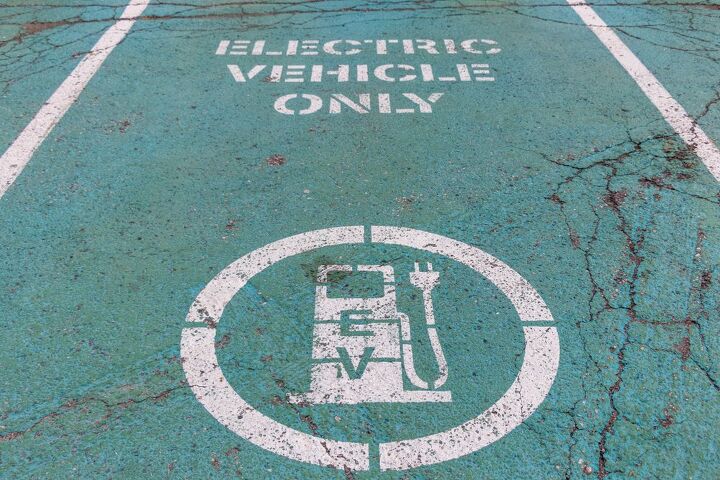
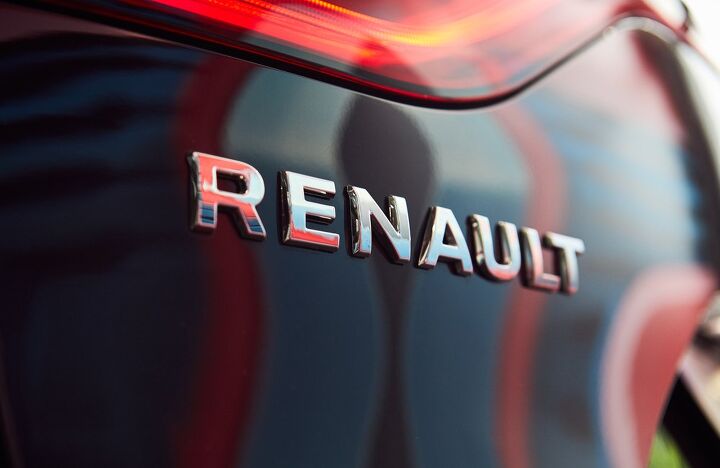
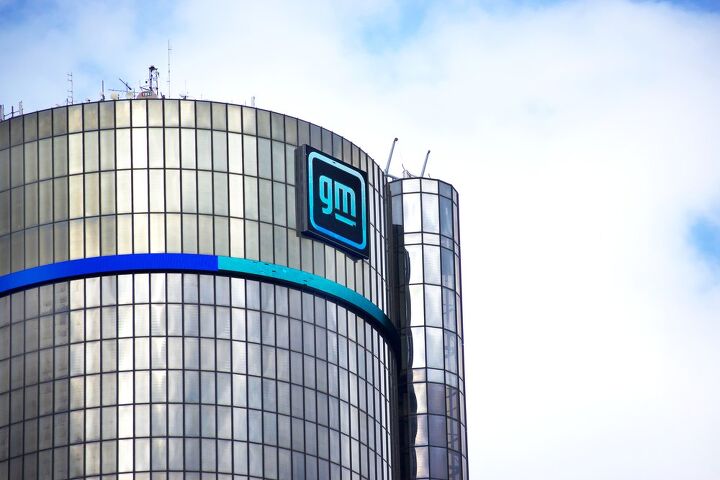
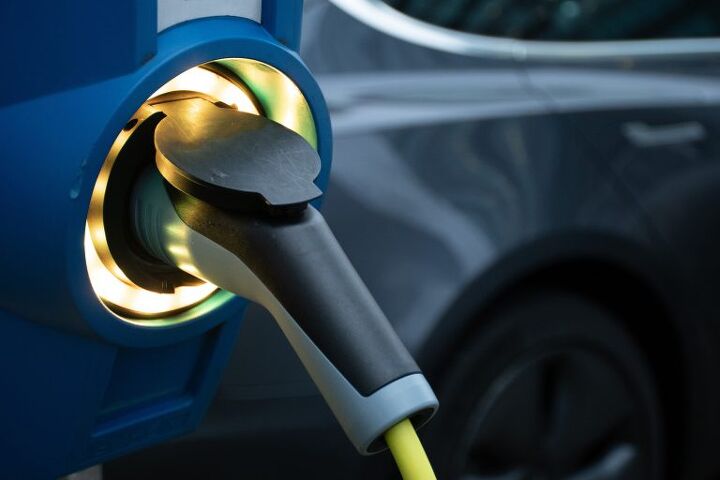



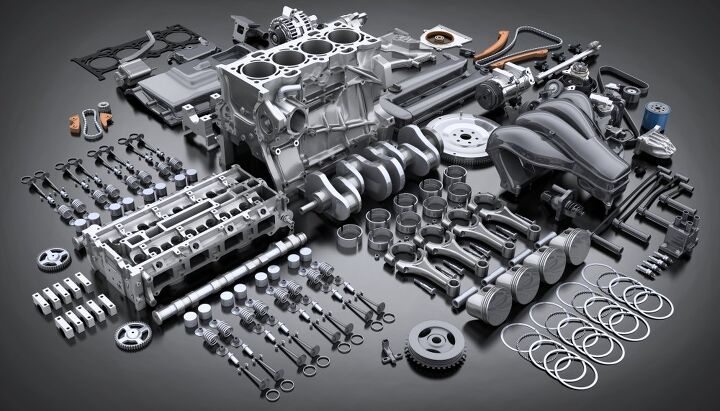
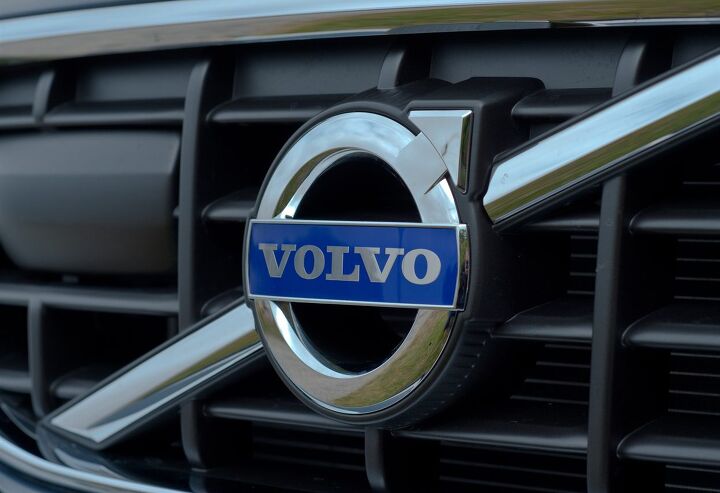
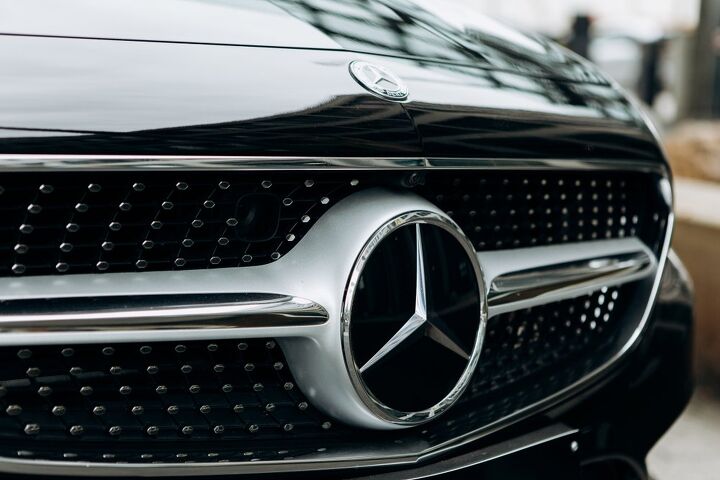


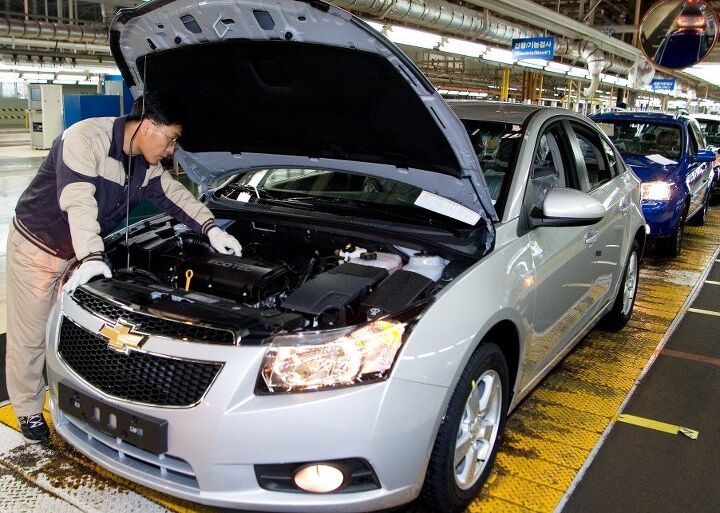













Recent Comments